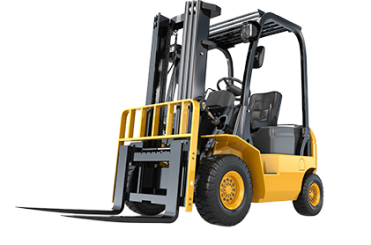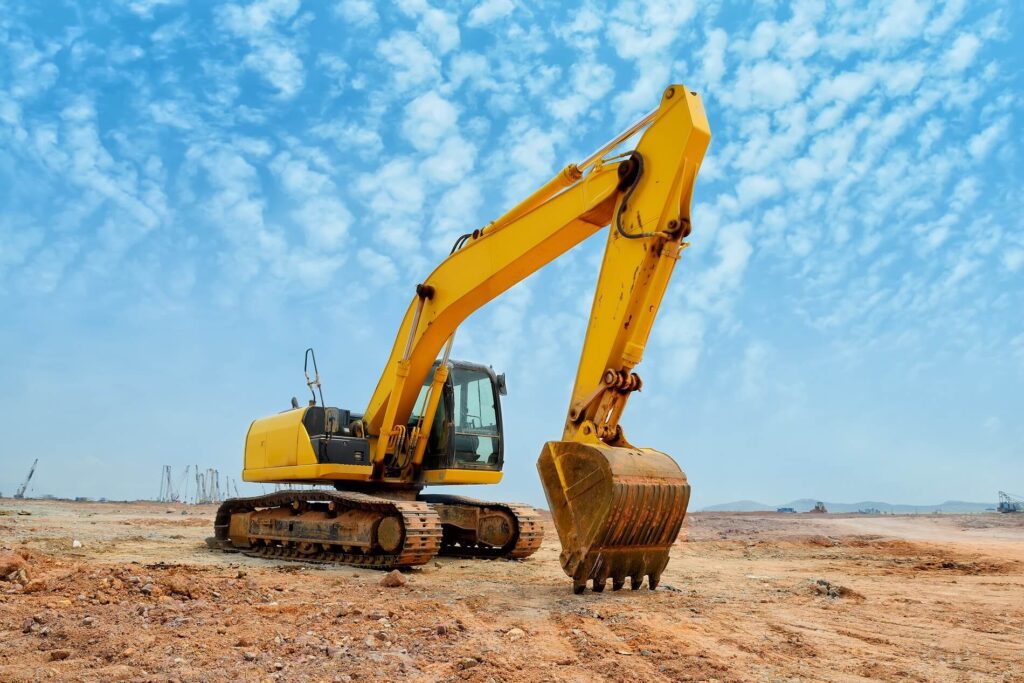Leading Equipment Rental Company for Boom Lift Rental and More: Your Go-To for Construction Requirements
Leading Equipment Rental Company for Boom Lift Rental and More: Your Go-To for Construction Requirements
Blog Article
Necessary Tips for Managing Heavy Tools Rental Contracts and Logistics Properly
Properly handling hefty devices rental contracts and logistics is important for the success of any type of task that relies upon these sources. An extensive understanding of rental terms, paired with exact evaluation of devices demands, lays the foundation for positive settlements. Working with transport logistics and planning for ongoing maintenance can considerably minimize unexpected costs and delays. However, the complexities of these aspects commonly present obstacles that require tactical foresight. What are the key considerations that can change these possible mistakes into opportunities for effectiveness and cost-saving?
Understand Rental Terms
Understanding rental terms is crucial for effective heavy tools management. Familiarity with the specific regards to a rental agreement can considerably impact operational performance and cost-effectiveness. Key parts typically consist of rental duration, repayment framework, and maintenance responsibilities. The rental period defines the timeframe for which the equipment is rented, influencing budgeting and task timelines. Payment frameworks typically differ, encompassing daily, weekly, or regular monthly prices, which necessitate exact estimations to prevent unforeseen expenses.
Additionally, it is vital to understand the upkeep responsibilities outlined in the agreement. Typically, rental firms maintain the devices, but recognizing that is accountable for routine checks and fixings is important to avoid operational disruptions. Furthermore, terms might consist of stipulations worrying liability for damages or theft, which can have severe monetary implications if not appropriately recognized.

Assess Tools Requirements
Evaluating devices needs is an important step for any kind of project manager aiming to enhance source allotment and boost functional performance. This process involves a comprehensive evaluation of the job requirements, consisting of details tasks, timelines, and the sort of equipment necessary to attain wanted results.
Begin by determining the range of the task and the jobs that will be carried out. Consider factors such as the terrain, the scale of procedures, and any kind of prospective challenges that could influence tools selection. Engaging with group members who will operate the machinery can give useful understandings right into sensible demands and choices.

Following, review the capability and capacities of readily available equipment options. It is crucial to match the right devices to the tasks available, making certain that it can take care of the anticipated work without endangering security or efficiency.
Additionally, factor in the rental duration and frequency of usage. Recognizing these components can help figure out whether leasing or purchasing is the most cost-efficient option. By conducting a comprehensive assessment of equipment demands, project managers can make informed choices that bring about boosted efficiency and reduced operational prices.
Negotiate Effectively
Once the tools requirements are clearly recognized, the following step includes reliable settlement with rental firms to secure desirable terms. A well-prepared settlement approach is crucial for achieving the ideal possible deal. Begin by investigating numerous rental firms to comprehend their rates structures, stock schedule, and online reputation. This knowledge will encourage you during negotiations and assist you establish sensible assumptions.
When coming close to the arrangement table, be clear concerning your demands, including the type of equipment, rental duration, and any type of extra services you might require. This openness enables rental companies to offer tailored solutions that can satisfy your particular needs (equipment rental company). Don't wait to ask for price cuts, particularly for lasting services or mass orders, as several companies agree to offer concessions to protect larger agreements
In addition, think about negotiating terms connected to distribution, upkeep, and insurance costs. These variables can substantially impact the overall cost and needs to be explicitly detailed in the rental agreement. Finally, make certain that all agreed-upon terms are documented in contacting prevent misconceptions and safeguard your interests throughout the rental period. Reliable settlement not only leads to expense savings however likewise establishes a favorable partnership with the rental company.
Coordinate Transport Logistics
Working with transport logistics is a vital element of managing hefty equipment rental arrangements. Efficient transport guarantees that equipment is supplied promptly and in optimal problem, thereby reducing downtime and improving project performance. To achieve this, it is vital to establish a thorough logistics plan that lays out the entire transportation process from pickup to distribution.
Begin by examining the particular transport demands based upon the kind and size of the tools included - equipment rental company. Involve with trusted transport service providers that specialize in heavy equipment to guarantee they possess the necessary competence and devices, such as flatbed trucks or specialized trailers. Go over variables such as weight limitations, path restrictions, and required licenses to stay clear of unforeseen delays
In addition, preserve open communication with both the rental company and the transport supplier to coordinate schedules successfully. Verify all details, consisting of pick-up and drop-off times, to ensure everybody is straightened and prepared. Lastly, develop contingency plans to deal with any type of possible disturbances, such as negative weather or website traffic problems, which may influence the transport timeline. By thoroughly collaborating transportation logistics, you can copyright the stability of your rental agreement and assist in smooth task execution.
Prepare For Maintenance and Assistance

In addition, it is essential to connect directly with the rental service provider pertaining to upkeep obligations. Some arrangements might include maintenance as part of the rental solution, while in other cases, the onus might fall on the tenant. Comprehending these terms will aid prevent unexpected expenses and liabilities.
On top of that, having access to technological support can be invaluable. Guarantee that the rental business uses 24/7 support or an emergency call, permitting for walk behind track loader rental near me quick resolution of any tools concerns. Training your group on appropriate tools usage and regular checks can additionally dramatically improve operational performance.
Conclusion
Finally, effective management of hefty devices rental contracts and logistics hinges on a detailed understanding of rental terms, exact evaluation of devices demands, and experienced negotiation abilities. Working with transport logistics and preparing for maintenance better improve functional performance. By applying these strategies, companies can reduce risks, control costs, and ensure that projects progress efficiently and within recognized timelines. Highlighting clear communication with all stakeholders remains crucial in navigating the intricacies of equipment service and logistics management.
Properly managing heavy equipment rental agreements and logistics is important for the success of any type of project that relies on these sources. By completely reviewing and comprehending these rental terms, services can make informed decisions, alleviate threats, and make sure that their heavy tools monitoring lines up with task goals and economic restraints.Coordinating transportation logistics is an important element of handling heavy equipment rental agreements.In verdict, reliable management of heavy equipment rental arrangements and logistics hinges on a thorough understanding of rental terms, precise analysis of equipment article source requirements, and proficient arrangement abilities. Highlighting clear interaction with all stakeholders remains essential in navigating the complexities of devices service and logistics administration.
Report this page